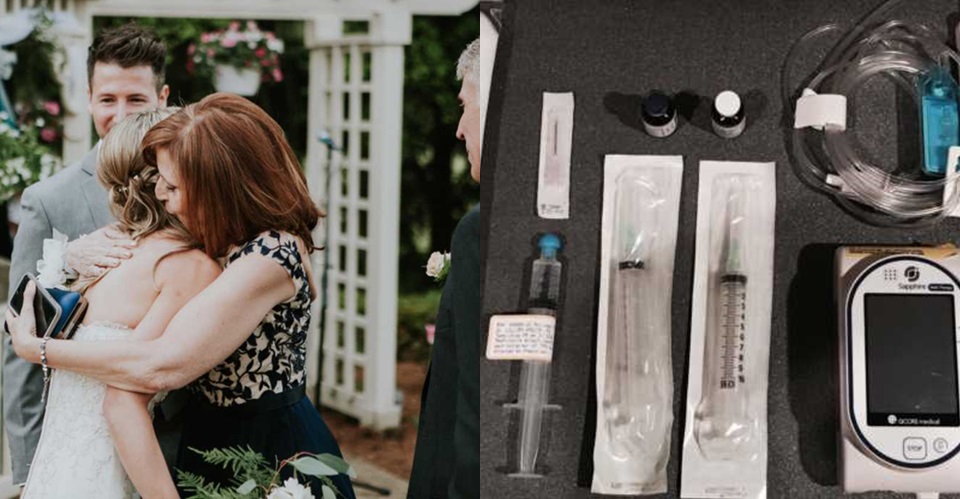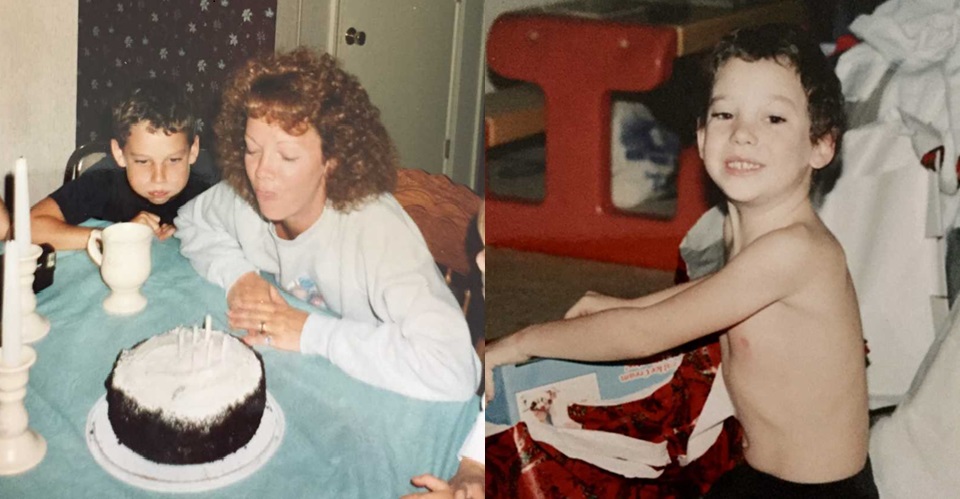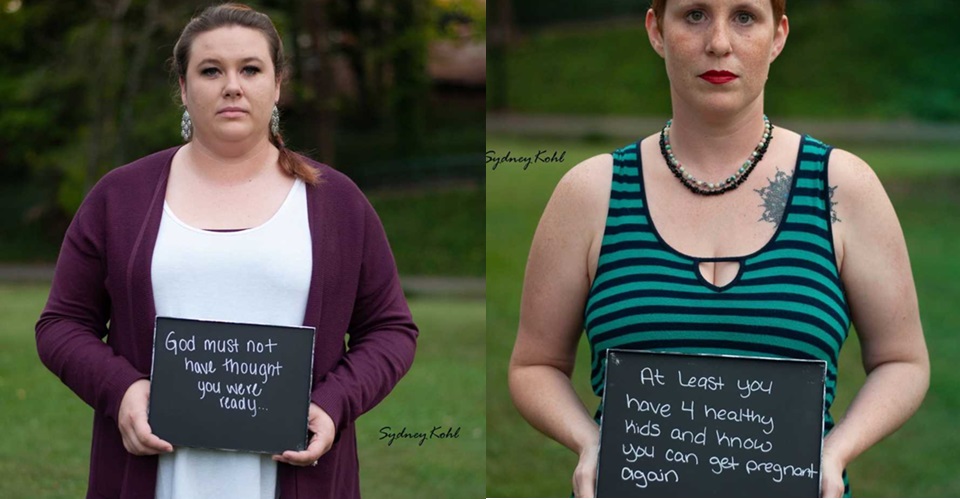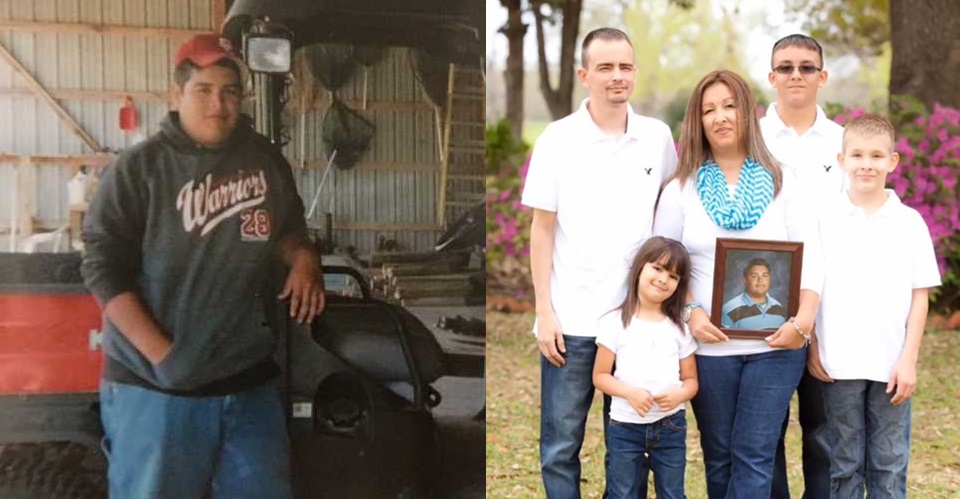When Melissa Blazo tells her story, the first reaction she usually gets is, “You are not old enough to be going through this.” And in a way, it’s true. She was a young, active pediatric nurse who poured her energy into helping sick children live the most whole lives possible. Yet her life took a sharp turn after a life-altering chronic disease diagnosis, one that tested her marriage, her career, and her spirit.

Melissa was no stranger to illness. She had been diagnosed with Crohn’s Disease at the age of 10. She knew hospitals inside and out, the endless stream of infusions, surgeries, and tubes. That part of her story made her want to help kids like herself. But by her twenties, things seemed steadier. She was building the life she wanted, planning her wedding to her husband, Mario, while juggling work as a nurse and graduate school. She was also training for marathons and triathlons.

At their wedding in 2016, she and Mario vowed to love each other in sickness and health. The words felt traditional then, the kind of thing everyone says. Neither could have imagined how deeply those vows would be tested months later. It began with sudden illness. Melissa remembers running out of a patient’s room to throw up. She grew weaker by the week, passing out in hallways, unable to keep food down. Three hospitalizations and 20 lost pounds later, doctors delivered the first of many diagnoses: gastroparesis, intestinal dysmotility, and POTS (postural orthostatic tachycardia syndrome).

Eventually came the rare and daunting name: autoimmune autonomic ganglionopathy, or pandysautonomia. It meant her autonomic nervous system, which runs so many unconscious functions like heartbeat, digestion, and body temperature, was failing. Daily life was now a maze of nausea, fainting spells, pain, and exhaustion. To survive, Melissa needed a central IV line that fed directly to her heart. Each day, she hooked herself to a milky bag of TPN for twelve hours, her backpack carrying the nutrition her body couldn’t handle. Water was no longer an option; hydration came from infusion clinics. Eating was no longer a joy but a trigger for vomiting.
This was the new normal, and it was crushing at times. Melissa had been a marathon runner who thrived on adrenaline and endurance. Now, just standing too quickly carries the risk of collapsing. The contrast between who she had been and who she was becoming could have broken her. But this is where Mario stunned her. When Melissa told him she needed a permanent central line, she braced for sadness or fear. Instead, Mario smiled and said, “That’s great, now you’ll be able to stay hydrated.” When she explained she would need IV nutrition every single day, his response wasn’t despair; it was relief that her malnutrition could finally be addressed. His resilience and positivity stunned his wife again and again.

This wasn’t the life either of them had pictured. They had once bonded over long bike rides and trail runs. Now their dates happened in hospitals, sometimes interrupted by blood clots and new central lines. Holidays were missed, bruises and swollen arms became common, but Mario’s response never wavered. He adapted. He celebrated small wins. He anchored them both when the weight of her chronic disease diagnosis felt unbearable.
Melissa’s family and friends stood beside them, too. Board games in sterile hospital rooms, endless hours in uncomfortable waiting chairs, laughter squeezed into the quiet moments between tests. Through them, Melissa learned what she calls the true meaning of love. Love is not just a feeling, she realized, it is action. It shows up when it’s inconvenient, it sacrifices, it stays.

Her illness remains life-altering. She cannot eat the way she used to, run races, or live without medical devices and infusions. Yet she insists the journey has given her unexpected gifts. She has learned to see joy in small things, whether it’s a sunny day or even the beauty of rain. She has learned that the most meaningful successes are not titles or positions but the relationships built during hardship.

Melissa admits she often cries out to God to take the trial away but acknowledges how it has shaped her. “Good and hard beautifully coexist,” she reflects. Her body may never fully heal, but her perspective has shifted. Every day is a choice. She chooses not to see her battle as one against illness, but as one to find joy, gratitude, and hope in the middle of it. And in that battle, she is not alone. Mario is still by her side, reminding her with his actions that love, resilience, and positivity can carry them through even the hardest of days.











